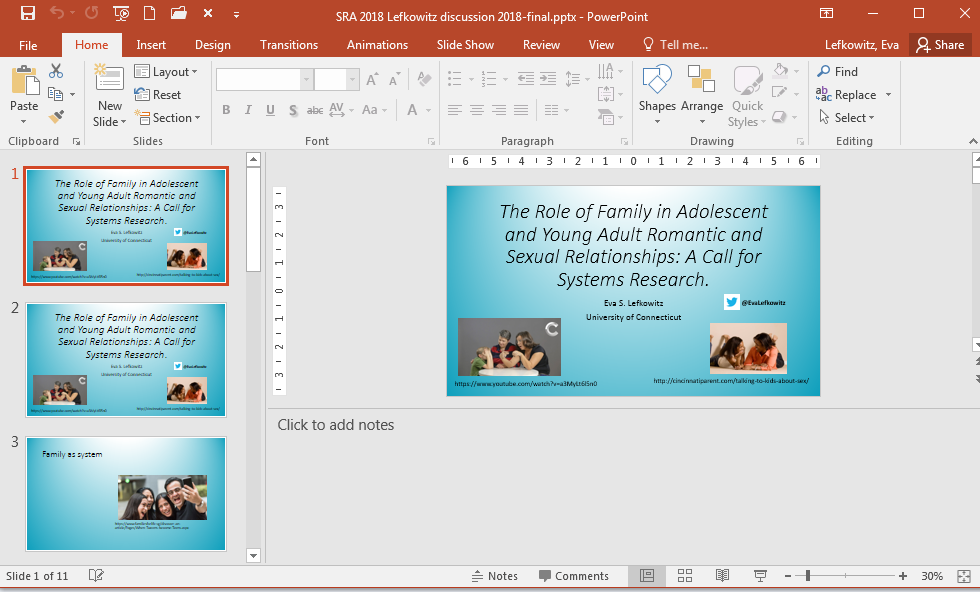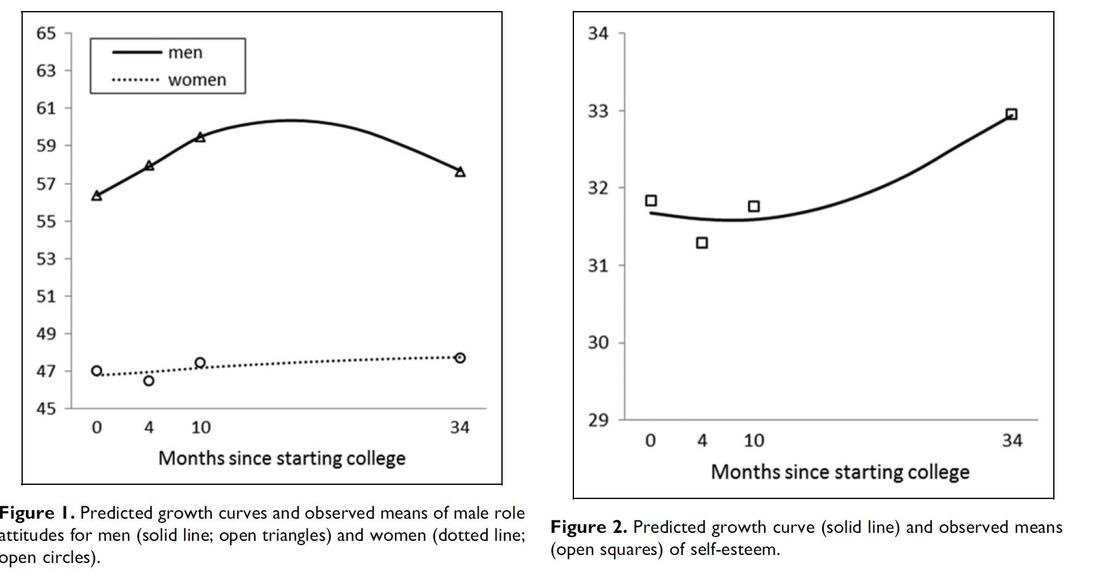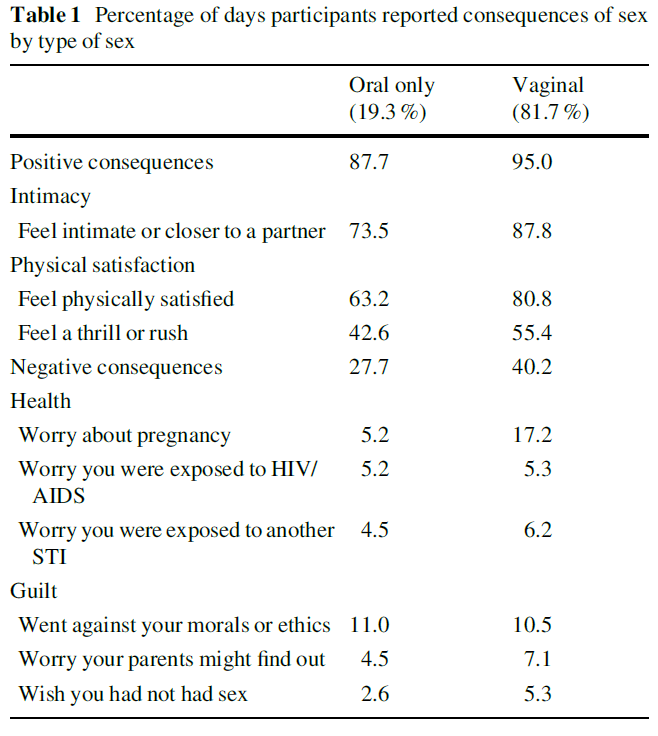And at some point (10 years later, to be exact), I had been teaching for a decade. My undergraduate courses were relatively large, ranging from about 200 students in a general education course to about 60 students in an upper level advanced adolescent development course. I was around 40 years old, and I was already jaded on teaching, with decades left in my teaching career. At that point, my jaded self would go into the first day of class with almost a me-against-them mentality, waiting for them to be too demanding or too whiny or for me to disappoint them somehow. They annoyed me. I prepared for revolts. When they came up with excuses, I was intolerant and unbending. It was not a healthy way to approach teaching. In addition, it was not a good way to earn students’ respect or admiration. Looking back on it, I don’t even know that I’d now argue that my perspective was unwarranted. I had dealt with a whole lot of plagiarism, cheating, lying (e.g., I couldn’t come to campus because of a snowstorm in my home town, when a quick search demonstrated, 0 inches of snow in that town), disrespect (at the time, reading newspapers in class was the equivalent of being on one’s phone today), and generally bad attitude.
I don't think I have many turning points in my life, but my teaching turning point was when my sister, 23 years my junior, started college. She was bright eyed and bushy tailed, though I imagine she doesn't appear that way in many classes. Sometimes one event can shake us up, and for me, Ryan starting college did it. That personal experience brought a whole new level of empathy to me as an instructor. Ryan was someone I knew and loved and respected. But she was also some who, I am sure, sometimes skipped class or handed in assignments late. She was, in many respects, a normal 18-year-old trying to figure out who she was, and to figure out the balance of using her transition to adulthood to learn things in the classroom while also having a social life, making friends, and sleeping among other things.
Suddenly, my students weren’t a room full of young people out to game the system or get away with things. They were real people, with human faults just like the rest of us. I went in wanting to figure out how to inspire them. I wanted to teach them things they could use beyond my exams. I wanted to connect to them. I think as faculty we feel as though students don’t see us as real people. But, the same is often true in reverse. It’s easy for us to forget that students are real people too, just lots of them at once, each with their own competing demands for their time and attention. Just like us, they have competing demands, whether those demands are things we might think of as “worthy” like caring for a sick parent or working three jobs to pay for college, or not-so-worthy, like staying out too late partying or oversleeping. But whatever the reason, they are human.
That semester, when my sister started college, I walked into the classroom with a whole new attitude. I didn’t walk in feeling it was me-against-them. I went in thinking about how they are each unique people with their own strengths and weaknesses and quirks. And I went in thinking about how they were people whose parents and siblings and other family members love them for the people they are. It completely flipped my attitude, and as a result, I believe, made me a better teacher. Even when a student emailed me about missing class, I tried to remember they were human, and sometimes humans oversleep. It doesn’t mean I automatically let the student make up the missed assignment, but I did try to have more empathy and compassion in my response.
I still ask questions and sometimes am met with blank replies. I joke about how I need my water bottle for awkward silences. Once I jumped on a table and threatened to stay there until someone answered my question, reminding them how clumsy I am and that my life was in their hands. I still get frustrated at times, when they do worse on a quiz than I think they should, or when someone emails me the day before an assignment asking me basic questions that are answered in the assignment guidelines. I had a student who failed my class the prior semester because she never came (not even to the exams). I emailed her at the start of the next semester expressing my concern, and she came to most classes and earned a solid B. I know that another semester I had a student who wanted to miss the class on abuse in relationships because she didn't think she can handle it. Sometimes students miss classes due to health problems. One semester another student's grandmother died -- really died -- and given that she had lived with her, she had been busy with her role as executor of her estate (and debt).
I sometimes see myself slipping back into my former perspective. Last semester I had 290 students in an intro, general education course. There was a lot of management of excuses and missed assignments, and by the end of the semester, I probably had less compassion than I should have. It helps me to remind myself that any of those students could be my sister – someone who really does want to learn in college, who genuinely is a “good” person (whatever that means), but just like any human, trips up at times along the way. So on the first day of class this Fall semester, I’ll try to walk in and feel love for all of these students, and hope I maintain some form of general positive will through the semester.
“How I Became a Better Teacher When my Sister Started College first appeared on Eva Lefkowitz’s blog on June 28, 2018.”




 RSS Feed
RSS Feed
